Stax Number Ones
Theme From Shaft
Before a single lyric hits, “Theme From Shaft” makes its presence felt. A whispering hi-hat keeps time—sixteenth notes ticking like a fuse—before the wah-wah guitar slinks in, all attitude and tension. Strings creep in behind it. Horns flare. Then comes Isaac Hayes, not so much singing as narrating with sly authority, like a Greek oracle with a Southern drawl.
Released in 1971 alongside Gordon Parks’ gritty crime film Shaft, the track wasn’t just a theme song—it was a mission statement. Hayes packed more personality into its opening bars than most films managed in two hours. Funky, cinematic, and fiercely self-assured, the song shattered notions about what a movie score could sound like and who it could represent.
Its impact was immediate. “Theme From Shaft” topped charts, swept up awards (including an Oscar®️, a first for a Black composer in that category), and set the stage for a new wave of Black storytelling in film. With its blend of orchestral drama and streetwise funk, the song didn’t just accompany a new kind of hero; it helped invent him. And with it, Hayes, already a force behind the scenes, stepped fully into the spotlight, reshaping both his own career and the boundaries of American pop culture.
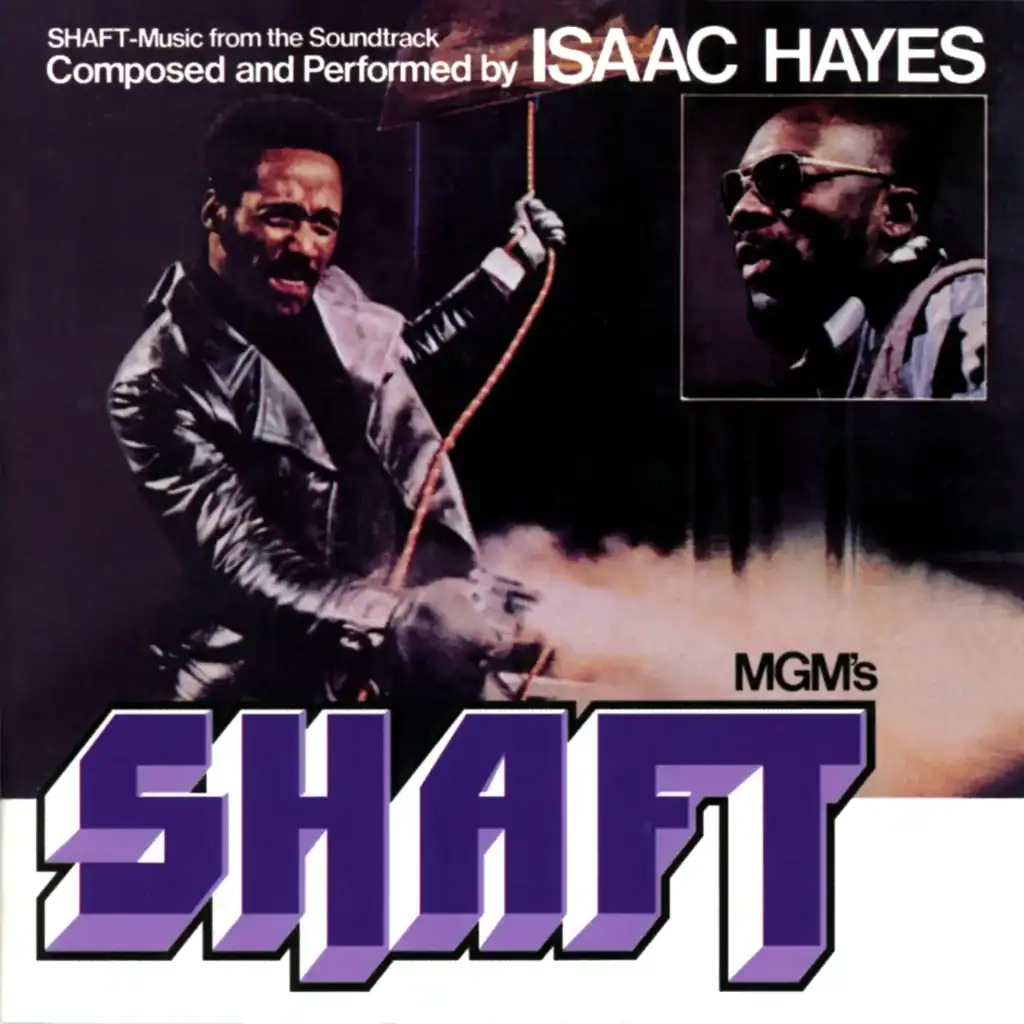
Before he was reshaping the sound of cinema, Isaac Hayes had already left a deep imprint on soul music. Born in Covington, Tennessee, and raised in Memphis by his grandparents, Hayes came up hard but carved out a place for himself as a versatile musician at Stax Records—ready to play whatever instrument the session called for. His real breakthrough came not as a performer, but as a songwriter, teaming up with David Porter to form one of the most formidable duos in soul history.
Together, Hayes and Porter wrote a string of hits that helped define the Stax sound, most notably Sam & Dave’s “Hold On, I’m Comin’” and the Grammy®️-winning anthem “Soul Man.” But even as the songs climbed the charts, Hayes was beginning to dream bigger.
That shift came into full view with 1969’s Hot Buttered Soul, a bold, expansive record that stretched the limits of soul music. Gone were the tight, radio-ready singles—in their place were orchestral arrangements, extended monologues, and a larger-than-life persona. The album’s runaway success catapulted Hayes from behind-the-scenes talent to full-blown solo star. Over the next two years, he doubled down on that creative vision, releasing a string of ambitious follow-ups that blurred the line between soul, funk, and cinematic storytelling. And that set the stage for his next act: Shaft.
By 1971, Isaac Hayes had already built a reputation for expansive, cinematic soul records. So when MGM enlisted him to create the score for Shaft, a new kind of detective film centered on a sharp-dressed, street-smart Black private eye, Hayes approached the assignment like he would an album: with bold ideas and little concern for convention.
Working from selected scenes, Hayes and his core group of musicians—including guitarist Charles “Skip” Pitts and drummer Willie Hall—assembled the cues at the Stax studio in Memphis. The film’s lead character rarely stayed still, so the rhythm had to move with him. A steady hi-hat gave the illusion of forward motion, while Pitts’ wah-wah guitar added swagger and urgency. What began as a rehearsal riff quickly became the song’s heartbeat.
Once in Los Angeles, Hayes and the band laid down the soundtrack over four quick sessions. They didn’t rely on written arrangements; instead, they relied on instinct, feel, and years of studio chemistry. Tracks were built from the ground up: first rhythm, then horns and strings, then vocals. The result wasn’t just a score, it was a complete conceptual soul music opus.
Back in Memphis, Hayes re-recorded several of the pieces for a standalone album, expanding some ideas far beyond what the film allowed. “Do Your Thing” sprawled across an entire side of vinyl. “Soulsville” delivered a moody portrait of urban struggle. At the center of it all was “Theme From Shaft,” a multi-layered blend of funk, orchestration, and attitude that transformed a film cue into a cultural phenomenon.
Hayes’ vocal delivery was part narration, part sermon, sketching the film’s lead character as both mythic and modern. The lyrics described a man who was bold, unflappable, and willing to break the rules if necessary. The backing vocalists’ famous interjection caps off the entire affair with the infectious: “Shut your mouth!” In just a few minutes, the theme did more than set the tone for a movie; it introduced a new kind of Black hero to mainstream America.
When the Shaft soundtrack arrived in 1971, there were few expectations that it would dominate the radio or retail charts. But “Theme From Shaft” quickly proved otherwise. Even in its edited radio version, the song stood out. Its layered arrangement, bold attitude, and unmistakable groove resonated with audiences across genres. It climbed to No.1 on the Billboard Hot 100, becoming only the second Stax-associated single to reach the top of the pop chart.
The full soundtrack was just as successful. A double album filled with sweeping arrangements and deep grooves, it topped the R&B album chart for weeks and reached No.1 on the pop chart as well. Hayes had created something that worked both in a theater and on a turntable.
Recognition came quickly. At the Academy Awards the following year, Hayes won the Best Original Song award, making history as the first Black composer to receive an Oscar. His presence on that stage marked a turning point, not just for Hayes, but for the broader visibility of Black artists in the film and music industries.
The impact rippled outward. Shaft redefined what a movie soundtrack could be, especially one rooted in soul and funk. Hayes’ sound became a model for a wave of Black film scores that followed, influencing artists like Curtis Mayfield, Marvin Gaye, and Willie Hutch. “Theme From Shaft” wasn’t just a hit. It set a new standard.
More than fifty years after its release, “Theme From Shaft” still looms large in popular culture. Marching bands continue to take to the football fields. It’s turned up in everything from The Simpsons to Scrubs, from Sesame Street to The Wire. Its unmistakable rhythm has been interpolated, spoofed, and sampled by artists ranging from Jay-Z, Will Smith, and “Weird Al” to Young MC. Hayes even re-recorded the song for the 2000 Shaft reboot starring Samuel L. Jackson, proving that its power hadn’t faded with time.
The song has outlasted fashion trends, film remakes, and entire genres. It’s been used in award shows, TV ad campaigns, and radio bumpers.
Although Hayes never appeared on screen in Shaft, his voice and sound became its defining features. He hadn’t just composed a theme song. He’d created a cultural signature that still resonates today.
– By Jared Boyd
Stax Number Ones ARCHIVE
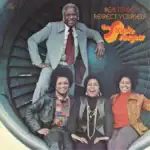
“I’ll Take You There” by The Staple Singers

Theme From Shaft
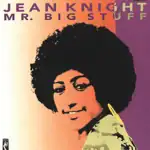
Mr. Big Stuff
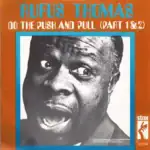
“(Do The) Push and Pull (Part 1)” by Rufus Thomas
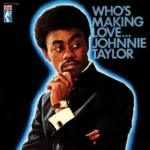
“Jody’s Got Your Girl and Gone” by Johnnie Taylor
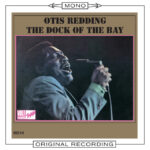
“(Sittin’ On) The Dock Of The Bay” by Otis Redding
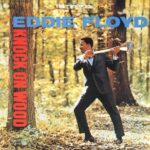
“Knock On Wood” by Eddie Floyd
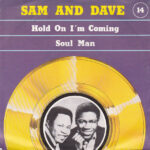
“Hold On, I’m Comin'” / “Soul Man” by Sam & Dave


